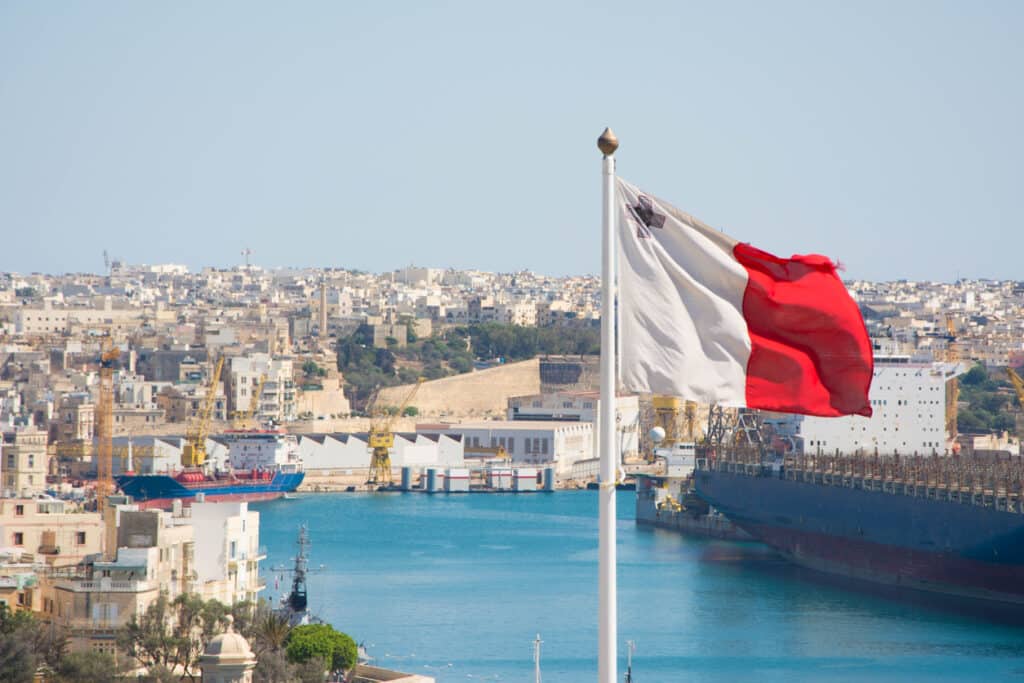Another European nation’s new whistleblower law is drawing heavy criticism for not adequately protecting whistleblowers. Pieter Omtzigt, the Parliamentary Assembly of the Council of Europe’s General Rapporteur on the protection of whistleblowers, stated that Malta’s whistleblower reform law is “not fit for purpose,” according to MaltaToday.
December 17, 2021 was the deadline for European Union member nations to pass legislation in line with the EU Directive on whistleblower protections. Amendments to Malta’s pre-existing whistleblower law were introduced in November.
“Last Friday’s deadline for the transposition of the EU Directive on improving whistleblower protection would have been a great opportunity to improve the legal protections for whistleblowers in Malta, in line with the recommendations of the Council of Europe and the EU Directive,” says Omtzigt. “Since the brutal murder of the investigative journalist Daphne Caruana Galizia, everyone knows how important such protections are for Malta.”
Omtzigt outlines a number of issues with Malta’s whistleblower reforms, including that the burden of proof lies disproportionately on the whistleblowers and that newly created private and public sector whistleblower units are not adequately guaranteed to be independent and free of conflicts of interest.
Omtzigt’s negative appraisal of the burden of proof requirement stems from the fact that “protection is denied whenever a negative action is ‘justifiable for administrative or organisational reasons’, whether or not it is retaliatory,” according to MaltaToday.
Omtzigt additionally takes issue with the fact that “barriers in access to the organisational leadership prevent whistleblower information from getting into the right hands, which is after all the main purpose of whistleblower protection.”
Furthermore, Omtzigt claims that the whistleblower reform bill was rushed through. The bill was passed within a month of its introduction. “The legislation was rushed through without any meaningful consultation and ignores the Directive’s requirements for transparency, including regular monitoring of the legislation’s impact,” he says.
The EU Directive on whistleblower protection was passed in October 2019, providing the 27 member countries with more than two years to pass a new law before the December 17 cutoff. However, like Malta, a vast majority of countries took a last-minute approach to drafting and debating proposed laws. In fact, most countries missed the December 17 deadline.
Like Malta’s whistleblower law, the laws that were passed by EU nations have been heavily criticized by whistleblower advocates. For example, Denmark’s “Act on the Protection of Whistleblowers” includes no mechanisms whatsoever to protect employees from retaliation. “In the end, Denmark passed a law that appears to give more rights to managers than to workers,” wrote Mark Worth in a WNN article about the law.
On December 14, the National Whistleblower Center hosted a LinkedIn Live event with Whistleblowing International which discussed how EU Member States have been faring in implementing the EU Whistleblower Directive. Only two Member States, Sweden and Denmark, met the deadline set in the EU Whistleblowing Directive.
Read:
Pieter Omtzigt: ‘Malta whistleblower law not fit for purpose’
Justice Delayed: Many EU Countries will Miss Whistleblower Law Deadline
